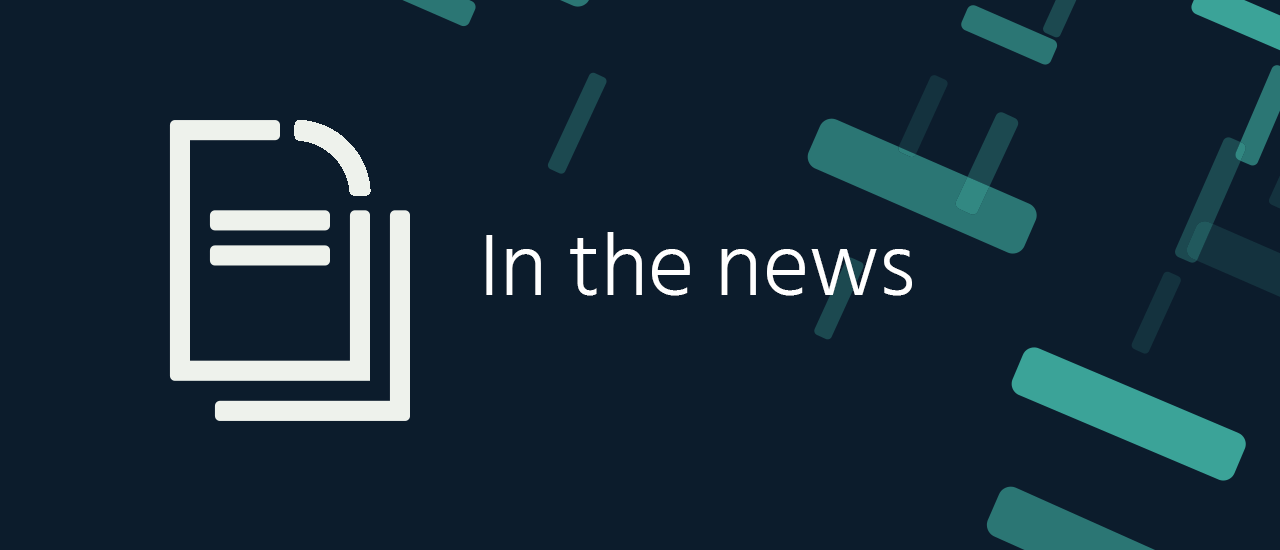A separate Internet: The MIT Technology Review looks at the implications of Russia’s test to cut itself off from the rest of the Internet, scheduled for early April. The shutdown is a test of an Internet sovereignty law being considered in Russia, but it’s unclear how the country will actually accomplish the disconnect.
Clamping down: Egypt is cracking down on fake news with new rules that critics say are meant to curb dissent and restrict information the government believe is a threat to national security, The Hill reports. The country’s Supreme Media Regulatory Council can now block websites and some social media accounts with more than 5,000 followers for what it believes is “fake news” and can fine operators up to US$14,400 without getting a court order. Meanwhile, Russian President Vladimir Putin has signed two bills that critics say amount to censorship, Ars Technica says. One bill allows stiff fines for disseminating what the government determines is fake news, and the second allows fines and jail time for insulting government officials, including Putin.
Encrypting the IoT: The U.S. National Institute of Standards and Technology is looking at encryption methods to protect the Internet of Things and other computing devices against future encryption-cracking technologies, GCN.com reports. Over the past year, NIST has been evaluating 69 algorithms for its Post Quantum Cryptography Standardization program.
No encryption here: Facebook has stored millions of user passwords in plain text, meaning without using encryption, in some cases, going back to 2012, Krebs on Security reports. An internal Facebook investigation indicated that between 200 million and 600 million Facebook users may have had their account passwords stored in plain text and searchable the social network’s employees.
Better than nothing: In parts of Africa, nations are embracing networks created with technology from Chinese telecommunications company Huawei, despite U.S. concerns about the provider’s links to the Chinese government, Foreign Policy says. In many cases, Huawei is the only option. “While concerns about Huawei are shared by other countries around the world, in Africa they are largely overshadowed by the imperative for greater Internet access,” the story says.
Artificial music: Google’s Doodle on March 21 included an Artificial Intelligence-powered game that allowed users to create music that mimicked the compositional style of composer Johann Sebastian Bach, Phys.org notes. March 21 was Bach’s birthday under the old Julian calendar.
Community networks work! Join the movement to help close the digital divide.
